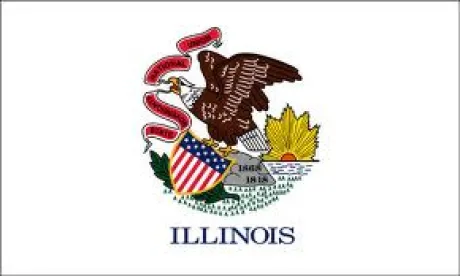Illinois law has not previously recognized prejudgment interest in tort actions for personal injury or wrongful death. Instead, Illinois’ judgment interest statute only imposes post-judgment interest in tort actions at the rate of 9 percent per year from the date of the judgment’s entry through the date of the judgment’s satisfaction. See 735 ILCS 5/2-1303(a) (section 1303). This may change, however, following the General Assembly’s passage of House Bill 3360 on January 13, 2021, which amends section 1303 to impose prejudgment interest in tort actions.
House Bill 3360 states that prejudgment interest at the rate of 9 percent per year is to be imposed in all tort actions seeking recovery for personal injury or wrongful death. It states further that prejudgment interest begins to accrue “on the date the defendant has notice of the injury from the incident itself or a written notice”:
(c) In all actions brought to recover damages for personal injury or wrongful death resulting from or occasioned by the conduct of any other person or entity, whether by negligence, willful and wanton misconduct, intentional conduct, or strict liability of the other person or entity, the plaintiff shall recover prejudgment interest on all damages set forth in the judgment. Prejudgment interest shall begin to accrue on the date the defendant has notice of the injury from the incident itself or a written notice. In entering judgment for the plaintiff in the action, the court shall add to the amount of the judgment interest on the amount calculated at the rate of 9% per annum.
Finally, the bill is effective immediately upon enactment into law, including in cases where the alleged personal injury or wrongful death occurred before the bill’s effective date:
(e) For any personal injury or wrongful death occurring before the effective date of this amendatory Act of the 101st General Assembly, the prejudgment interest shall begin to accrue on the later of the effective date of this amendatory Act or of the 101st General Assembly or the date the alleged tortfeasor has notice of the injury.
House Bill 3360 now heads to Governor J.B. Pritzker (D) for signature. Under Illinois’ legislative process, a bill passed by both houses of the General Assembly must be sent to the Governor within 30 days. The Governor then has 60 calendar days to sign the bill or return it with his or her veto. If the Governor does nothing, the bill will automatically become a law after the 60-day period. If the Governor vetoes the bill, the General Assembly may override the veto with a 3/5 vote in both houses.
Because Illinois has a two-year statute of limitations for most tort actions and a four-year statute of limitations for construction-related injuries, House Bill 3360 has the potential to add as much as two or four years of interest to a plaintiff’s judgment before any suit is even filed. It is therefore not surprising that the bill was championed by the Illinois Trial Lawyers Association and opposed by numerous business, medical and defense interests, including the Illinois Chamber of Commerce, the Illinois State Medical Society, the Illinois Defense Counsel, the Illinois Insurance Association, the National Association of Mutual Insurance Companies and the American Property Casualty Insurance Association.


 />i
/>i


